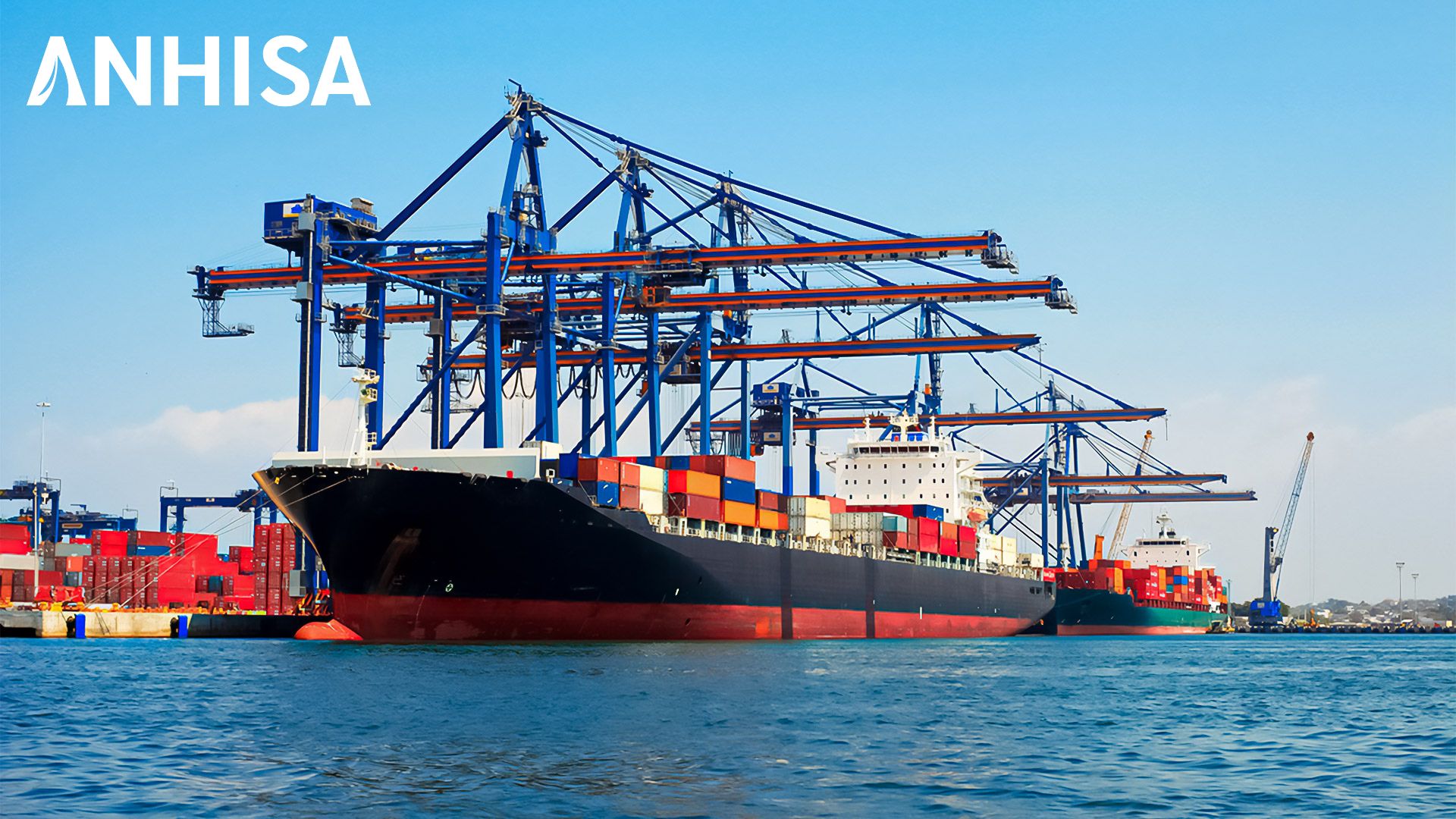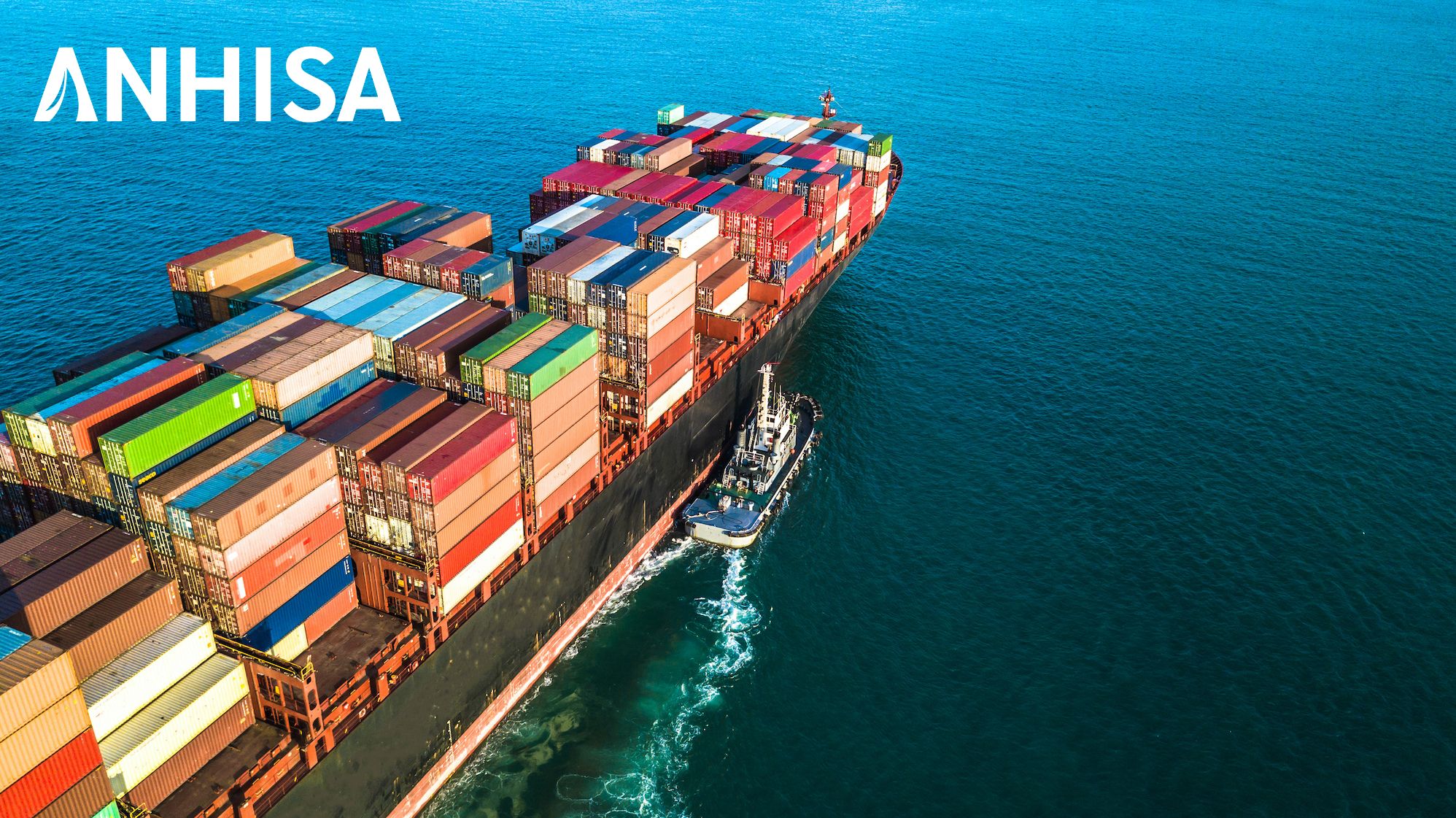SHIP COLLISION: RISK OF OIL POLLUTION
June 05, 2025
Foreword
Oil pollution resulting from ship collisions is a pressing environmental concern that can have devastating effects on marine ecosystems and local economies. Collisions, particularly involving oil tankers, pose significant risks as they can cause the hull to rupture, leading to the catastrophic release of thousands, or even millions, of gallons of crude oil or other hazardous substances into the ocean. Such incidents not only threaten marine life but also jeopardize the livelihoods of communities dependent on fishing and tourism. Therefore, a rapid and effective response is crucial to mitigate environmental damage and protect affected areas.
Regulatory Framework for Oil Pollution Prevention
To mitigate the risks associated with oil spills from ships, numerous international and national regulations, guidelines, and preventive measures have been established, for example, the International Convention on Civil Liability for Bunker Oil Pollution Damage (2001), the International Convention for the Prevention of Pollution from Ships (MARPOL), etc. Compliance with these international regulations is essential. Shipping companies and crews shall not only adhere to these guidelines but also engage in proactive measures to minimize spill risks, such as regular training, proper maintenance of vessels, and the implementation of advanced technologies for spill prevention and response.

Multiple Collision Sites
A recent incident illustrates the complexities and challenges involved in addressing oil pollution from ship collisions. ANHISA assisted shipowners and their Protection and Indemnity (P&I) Club in a case where a vessel collided with another mooring vessel at the anchorage area. Following the initial collision, the vessel drifted further and ultimately struck an offshore wind turbine in Vietnam.
The collision resulted in multiple challenges, including damage assessment and environmental threat. The initial impact compromised the integrity of the oil tanker’s hull, creating a risk of oil leakage into the surrounding waters. Simultaneously, the wind turbine sustained significant structural damage, raising concerns about its operational integrity and safety. Given the potential for substantial oil spills, immediate action was necessary to prevent environmental degradation. The surrounding marine area, rich in biodiversity and vital to local fisheries, was at risk of contamination.
Given the severity of the situation, our top priority was to coordinate with local authorities and emergency response teams. Our team worked with local maritime authorities to deploy booms and other containment strategies to minimize the spread of oil in the water. Continuous monitoring of water quality and wildlife in the affected area was conducted to assess the environmental impact and inform cleanup strategies. We engaged with local fishermen to provide information about the situation and address their concerns regarding the potential impact on their livelihoods. Their input was invaluable in understanding the local ecosystem and planning effective response strategies. Following the containment, specialized teams were mobilized to begin cleanup operations, focusing on both the affected waters and the shoreline to mitigate the long-term effects of the spill.

Although we managed to handle the oil pollution-related claims and address the collision with the moored vessel smoothly, the damage to the wind turbine was substantial. This incident not only highlighted the immediate risks associated with ship collisions but also underscored the importance of having robust response plans in place.
Conclusion
The risk of oil pollution from ship collisions remains a critical concern that necessitates ongoing vigilance, preparedness, and effective response strategies. Comprehensive international regulations serve as a foundation for mitigating these risks, but compliance and proactive measures are essential at all levels of the shipping industry.
The case discussed demonstrates the potential consequences of maritime incidents, reinforcing the need for continuous improvement in safety protocols and environmental protection efforts. As shipping continues to grow globally, the commitment to preventing oil pollution shall remain a top priority to protect our oceans and the communities that depend on them.
ANHISA LLC AND OUR EXPERTISE
ANHISA LLC is a boutique law firm specializing in Dispute Resolution, Shipping and Aviation. Being the leading lawyers in various fields of law, our qualified, experienced, and supportive team of lawyers know how to best proceed with a case against or in relation to Vietnamese parties and are well equipped to provide clients with cost-effective and innovative solutions to their problems.
Regarding dispute resolution, we have represented Vietnamese and foreign clients in the resolution of disputes involving maritime, construction, commercial and civil matters. Our lawyers are well-equipped to offer services on a wide range of disputes and conflicts, whether cross-border or purely domestic, to appear before any Judges or Arbitral Tribunals. The firm is prepared to assist clients in designing the appropriate dispute resolution procedure to help resolve conflicts as efficiently and cost effectively as possible, which may involve combining elements of mediation and other methods such as arbitration.
AUTHORS
DANG VIET ANH
Managing Partner
Mobile: (+84) 983 467070
Email: anh@anhisa.com
NGUYEN THI TUYET MAI
Senior Associate
Mobile: (+84) 939 117398
Email: mai@anhisa.com
This article aims to furnish our clients and contacts with general information on the relevant topic for reference purposes only, without creating any duty of care on the part of ANHISA. The information presented herein is not intended to serve, nor should it be considered, as a substitute for legal or other professional advice.
Related posts

VIETNAM – SHIPPING LAW PRACTICE: MARITIME ADMINISTRATION’S INVESTIGATIONS IN VESSEL COLLISIONS
August 06, 2025

SHIPWRECK: RESOLUTION FOR INVOLVED DISPUTES
July 23, 2025
- EMAIL:
- om@anhisa.com
- office@anhisa.com
- TEL:
- Hanoi Office: +84 24 320 47609
- Saigon Office: +84 28 5416 5873
- HOTLINE:
- +84 (0) 939 117 398
- +84 (0) 983 488 380



